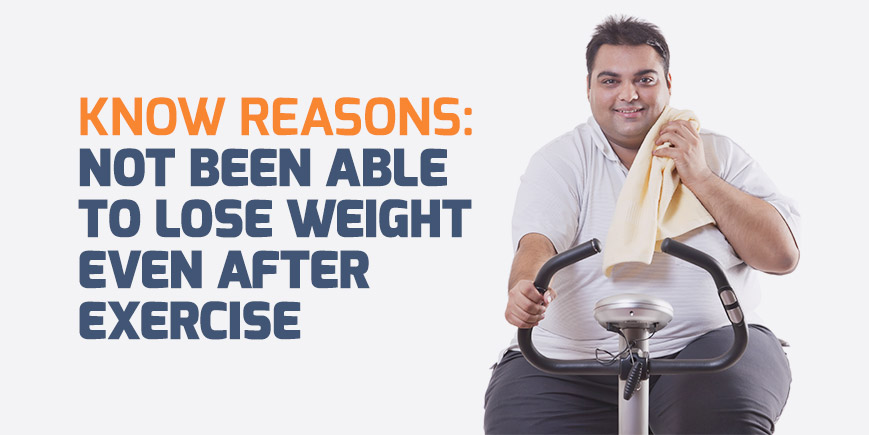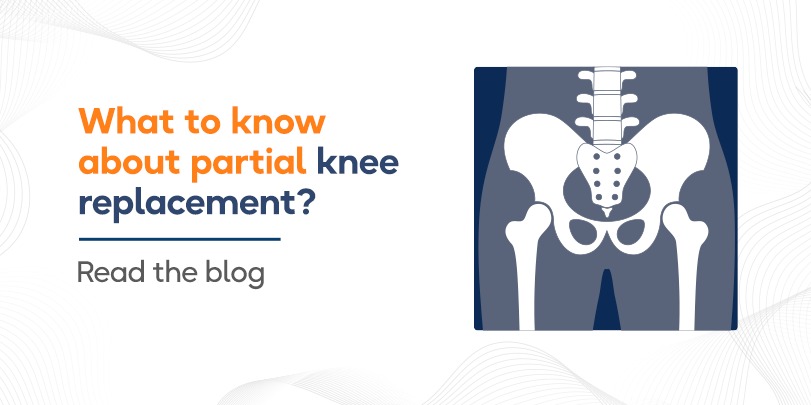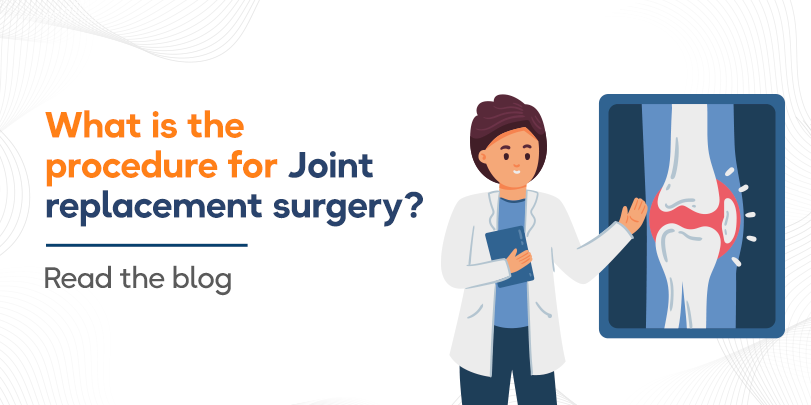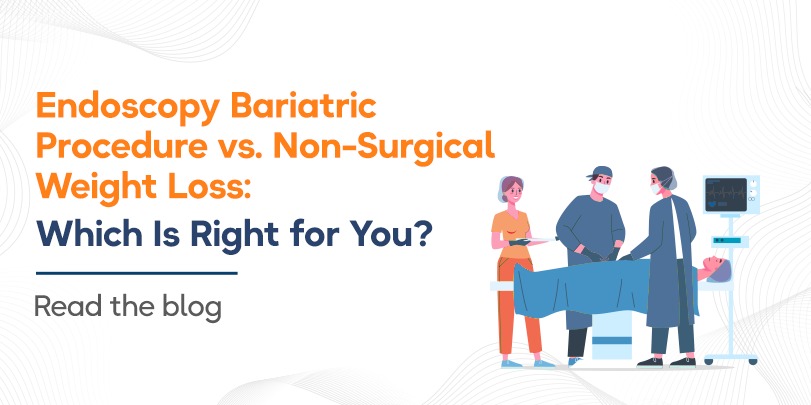There are two types of people on earth, those who ‘ live in order to eat’ and others who ‘ eat in order to live’. The choice of type put the people under the category of a healthy or unhealthy lifestyle and leads them towards either negative or positive consequences, the outcome of the choices they made.
Does ‘healthy eating habits’ really make any difference in our lives?
Let’s go step-by-step to understand the topic of concern affecting one and all, through the importance of food, advantages, and disadvantages of healthy and unhealthy eating habits respectively.
Why does human being require to eat food?
The human body requires energy to perform all the basic functions of the body like; breathing, digesting food, keeping it warm, helping repair the body, inducing growth and maintaining a healthy immune system. The energy substances are already there in the form of nutrients in a variety of food. A calorie is a basic unit of energy that we get from the food we eat. In other words, you can say that calorie is a fuel which is stored and burnt by our body as per requirement or habit we have cultivated.
Disadvantages of unhealthy eating habits
- Following unhealthy habits like; eating junk food regularly leads to the risks of obesity, Cardiovascular disease, Type 2 diabetes, liver disease and certain types of cancers too!
- Poor diet habits can compromise the capacity to work and gradually develop tiredness and stress which contribute further to the risk of being overweight, high blood pressure, tooth decay, and some other illnesses.
- Processed or packed foods which are frozen or canned contain much extra sugar, salt, oil, calories and preservatives which increases the food’s shelf life but collectively all these increases the risks of hypertension, high sugar levels, heart disease etc.
Advantages of healthy eating habits
- By following healthy eating habits, The first advantage you can see is lowering the risk of heart diseases.
- It will help you to boost your mood and reduce the stress levels, and also will help you to perform all daily physical activities well.
- Food with good nutrition combined with physical activity will help you to lead a healthy weight and lifestyle and reduces the risk of chronic diseases like cancer.
- Diets rich in fibre such as vegetables and fruits may reduce the risk of obesity, health problems and type 2 diabetes.
- Healthy eating habits, overall, helps you gain the benefit of weight loss, stroke prevention, building better mood, efficiency, and better memory.
So by this time, you understood the importance of healthy eating habits type of food intake and the disadvantages of unhealthy food habits. Sometimes even unconsciously you follow such unhealthy habits under certain circumstances.
Environment or conditions that foster unhealthy eating habits, you need to avoid
- In a corporate culture or such meetings, people never pay attention or are not aware of which types of low fibre calories or bad fat foods they consume. Even during the functions or party, people over tend to overlook the amount of food they consume.
- People working late night, the majority of times fall into the habit of nighttime noshing, the habit of eating late night just to keep them awake. This habit contributes to more weight gain significantly.
- Working mothers, sometimes in the absence of time, often send their children to school with junk foods like salty potato chips, bread or sandwiches, cookies or fruit juices available as tetra packs.
- Generally, the people or children who work continuously on computers, watching TV or playing a video game, they often follow the habit of mindless snacking or consuming food more, which results in weight gain very easily.
- People who are always in rush hours conditions are used to finish their breakfast, lunch or dinner in hardly 10 or 15 minutes. This habit doesn’t allow your brain to signal that you are full and you gradually, following such habits, gain more weight.
- Extreme emotions whether good or bad and in stressed out conditions, people eat more and over the period, gain more weight unconsciously.
Steps to healthy eating habits
- First, you need to understand, how much calories your body needs to perform basic metabolic functions and daily physical activities using online calorie calculators.
- You need to understand and know the type of food and how many calories per gram, it contains.
- Apart from Calorie concern, it would help if you even focused on the portion control and choosing nutrient-rich foods which are of prime importance. Your food should be the mixture of carbohydrates, protein, fat, minerals and vitamins. You need to choose the portion very wisely and as per your body’s essential requirement only.
- Have the habit of keeping more fruits, low-fat dairy products, fresh vegetables, whole-grain foods in your diet plan.
- Cultivate the habit of having home-made food at home or work.
- Don’t skip or delay your meals, as later on you will end up eating too much or choosing an unhealthy snack.
- Take a small plate and serving in the beginning, chew your food well; this time, consuming process will help you eat the right amount of food your body requires.
- Drink water instead of high-sugar drinks.
- Resins or fibre-rich foods will help you feel full and achieve satiety value so you would eat less and consume fewer calories.
These are the few points or steps you can follow to plan out your balanced diet, however, if you are still not sure about this calculations and pattern of developing a healthy eating habit, consult a good dietician. If you are really over-weight and failed to follow healthy habits or not succeeded in stopping the weight gain with related health issues, you should consult a good obesity expert.
Related Articles
Adopting An Active LifeStyle For Healthy Living













